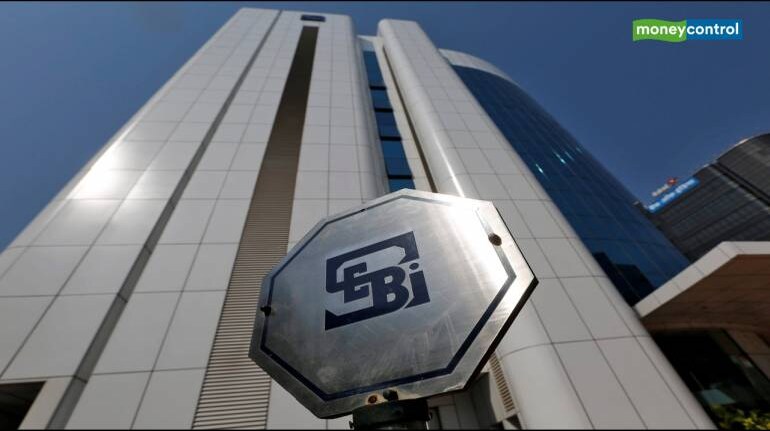



Shishir Asthana
The Securities and Exchange Board of India (SEBI) has finally given promoters some negotiation rights for when they delist their company from stock exchanges. It has now allowed promoters of companies that are about to get delisted to make a counteroffer to shareholders.
Earlier, the price at which companies could delist their shares was arrived at through a price discovery mechanism called reverse book building. In this process, the shareholders quote the price at which they would like to let go of their shares. Naturally, the market would take the price as high as possible in order to extract maximum value. However, this proved to be detrimental as promoters could simply reject the offer if the price was too high and the delisting would have to be called off.
What has changed now is that promoters will get a chance to make a counteroffer to the price that was discovered by the reverse book building process. If enough investors agree to sell their shares at the new price to take the promoters' post-sale shareholding to 90 percent, then the delisting can go through.
But will this move really help? The counteroffer by a promoter will naturally be at a discount to what was arrived at through the price discovery mechanism.
As in all cases, there are two sides to the issue.
A company would opt for delisting if it feels that its own cash generation ability and its balance sheet are strong enough to fund future expansion. It would not need capital from the market to fuel future growth. Ideally, in such a case, it would make sense from the company's point of view to delist from exchanges.
Consumer electronics major Philips, chocolate giant Cadbury, and diesel generator manufacturer Wartsila are examples where parent companies delisted their Indian arm and continued to pump money through these entities to grow.
Then there is also the issue of foreign parents of listed companies, who want to exploit the growth opportunity in India, feeling that the delisting process is cumbersome and too expensive and therefore, deciding to not bring in growth capital. The side supporting this argument, which is largely stacked with lawyers and investment managers, India is losing out on foreign direct investment.
On the other hand, from the shareholders' point of view, companies have used the market and public money to garner growth capital but now that they have grown bigger and can manage to grow on their own, these companies do not like to share the spoils. There is no denying that delisting would be at a higher price than the current fair value. An investor would like to be compensated for the future growth of his company.
There is no right price for such a transaction; it depends on each individual. The investors who are the most stubborn are typically big investors or institutions, the ones who have no immediate need of money and would like to negotiate hard or continue to be part of the company’s growth story.
Retail investors, many of whom would have bought the shares after the delisting announcement was made public, are willing to take their small profit and look for opportunities elsewhere.
While there is no guarantee that the counteroffer would be accepted by the investors, it at least gives the promoters a chance to get an idea of investors' expectation. The ball is then in the promoters' court to come close to what the market expects or call the deal off.
Discover the latest Business News, Sensex, and Nifty updates. Obtain Personal Finance insights, tax queries, and expert opinions on Moneycontrol or download the Moneycontrol App to stay updated!
Find the best of Al News in one place, specially curated for you every weekend.
Stay on top of the latest tech trends and biggest startup news.